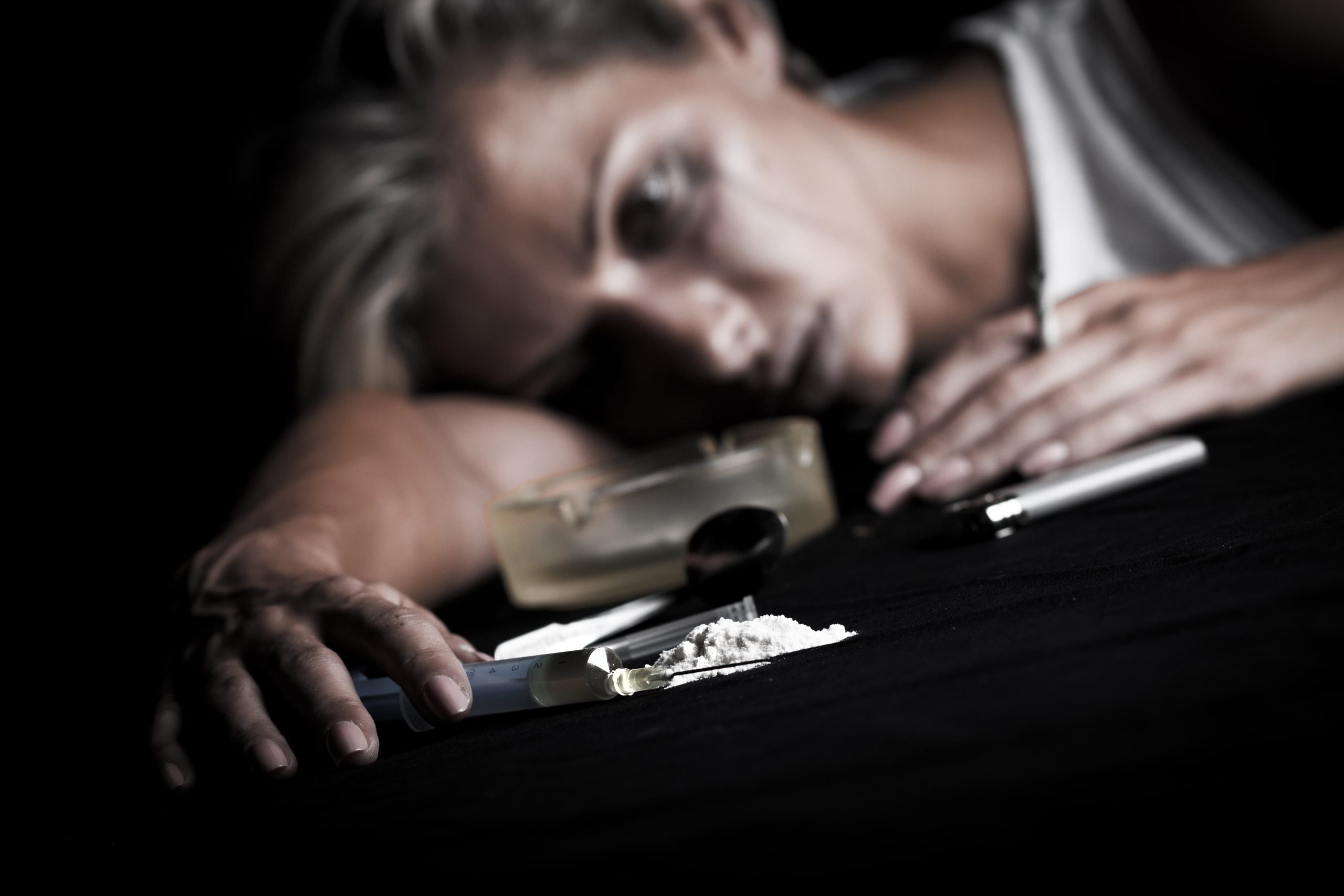

Treatment for Cocaine
Addiction
Cocaine is a stimulant with painkilling and anesthetic properties; it produces feelings of intense euphoria. Cocaine is used primarily as a recreational drug and is highly addictive.
Many people who use cocaine also mix it with alcohol use, increasing the risk of overdose. Mixing cocaine with other substances, such as heroin, can form a hazardous, potentially deadly cocktail. Cocaine use presents a wide range of physical, physiological, mental, and emotional side effects, making it one of the most challenging substance abuse issues to overcome. But, with the support of a reputable addiction treatment center, it is possible to overcome a cocaine substance use disorder.
At Beachway Therapy Center, we approach cocaine addiction treatment with a holistic mindset by developing a treatment plan based on each patient’s bio-psycho-social profile. Our goal is to provide each patient with the tools and support that they will need to change negative and self-destructive behaviors to live healthy and productive lives.


Understanding Cocaine
Addiction
Cocaine is most often ingested in powdered form through snorting, and this leads to many nose and throat issues, including nosebleeds, sniffing, and a constantly running nose. Users may also experience hoarseness, difficulty swallowing, and anosmia — the loss of a sense of smell. Cocaine rehab clinics know the signs of cocaine use, which include bloodshot eyes and dilated pupils. Long-term cocaine use can have severe and detrimental physical effects on the body’s vital systems and functions, including:
- Circulatory system
- The brain
- Digestive system
- Kidneys and liver
- Teeth and gums
- Sexual function
Cocaine is known for providing a brief, yet intense sense of euphoria, lasting anywhere between 15 to 60 minutes. Like other illicit substances, cocaine remains in the body for a period of time following last use. If you have an upcoming drug test for work scheduled, you may be wondering about the timeline to get rid of cocaine in your body. How long cocaine is in your system depends on several factors. On average, it can linger from 12 hours to 4 days, sometimes longer.

How is Testing Done for
Cocaine?
The most common way to perform cocaine testing is through a urine test, also called immunoassays. When cocaine enters the body, the liver breaks it down into metabolites known as benzoylecgonine.
Other ways to test for cocaine are through saliva, sweat and occasionally through hair testing. However, these testing methods are less common. Hair testing, in particular, can produce inaccurate results as hair products can alter indicators. Chronic users may have traces of cocaine in fingernails and hair for a long time after the last use.
The amount of time it takes for cocaine to leave your system affects the intensity of detox. If you or a loved one is seeking treatment for substance abuse, call the Beachway team at 877-284-0353 with any questions.
How Long Cocaine
Stays in Your System
Many factors affect the length of time cocaine remains in your body, such as:
- Individual body chemistry including metabolism, age and overall health.
- Amount used.
- Length of time and frequency of use.
- Method of ingestion.
- Purity of the substance.
How Cocaine Is Administered
Impacts How Long It Stays
In The Body
The most common ways to administer cocaine are via snorting, smoking, oral ingestion and intravenous. Each method of administration has different “peak” times.
-
- Intravenous. Takes 1 to 5 minutes to feel the effects with peak times between 5 to 10 minutes.
- Snorting. Takes around 5 minutes to feel the effects with peak times between 15 to 30 minutes.
- Smoking. Takes around 30 minutes to feel the effects with peak times around 45 minutes.
- Oral ingestion. Takes 30 to 50 minutes to feel the effects with peak times between 50 to 90 minutes.
Snorting or smoking cocaine causes the substance to stay in the body longer — up to 7 days.
For recreational users, traces of cocaine can be found in the urine for approximately 2 to 4 days following last use. For chronic users, cocaine has been accumulating in the body for a period of time and therefore takes longer to eliminate. For heavy, frequent users of cocaine, traces of the drug can sometimes take up to 12 days to exit the body.


Cocaine Withdrawal
Other than fatigue and low energy, withdrawal from cocaine has limited physical side effects. The lack of side effects can lead to denial about the severity of substance abuse. Cocaine withdrawal has many emotional, mental, and physical symptoms, including:
- Depression and anxiety
- Tiredness and varying levels of energy
- Moodiness
- Irregular sleep patterns
- Inability to concentrate
- Lack of enthusiasm


Signs and Symptoms
of Cocaine Addiction
Although cocaine addiction may be possible to hide for many people, there are some signs to look out for to spot if someone is under the influence of cocaine. In addition to physical signs, there are also behavioral signals to look out for.
- Erratic behavior & Restlessness
- Extremely energetic
- Sensitive to touch, light, or sound
- Paranoia
- Dilated pupils
- Higher body temperature and blood pressure
- Elevated Heartrate
- Lack of appetite
- Irritability

Seeking Treatment for Cocaine Addiction
Seeking help for cocaine addiction is a huge step towards a healthier, more rewarding life. Although there may be hurdles along the way, the effort is worth the reward, and recovery is possible for everyone. The long-term effects of cocaine addiction on a person’s mental health are too damaging to be put off for later. There are many types of programs available to people looking for help. Some people have found that 12 step programs and other free peer support groups are enough for them to recover. A more intense program is needed for others, whether it’s an inpatient residential program or an outpatient group setting.
At Beachway, we offer a full continuum of care for every phase of recovery; our team of experienced clinicians works with patients every day to support and guide them as they work to recover from addiction. Beachway also offers an extensive Alumni and Aftercare program to ensure that patients stay connected and focused on their recovery after treatment. Our program is designed to help recognize triggers, process grief and trauma, determine the root causes of addiction, manage emotions and impulses, improve self-esteem, and rebuild trust and healthy relationships with loved ones. With a low therapist–to–patient ratio, patients will experience a high level of one-on-one attention. We’re also able to treat co-occurring mental health disorders that may be causing or are caused by addiction.



